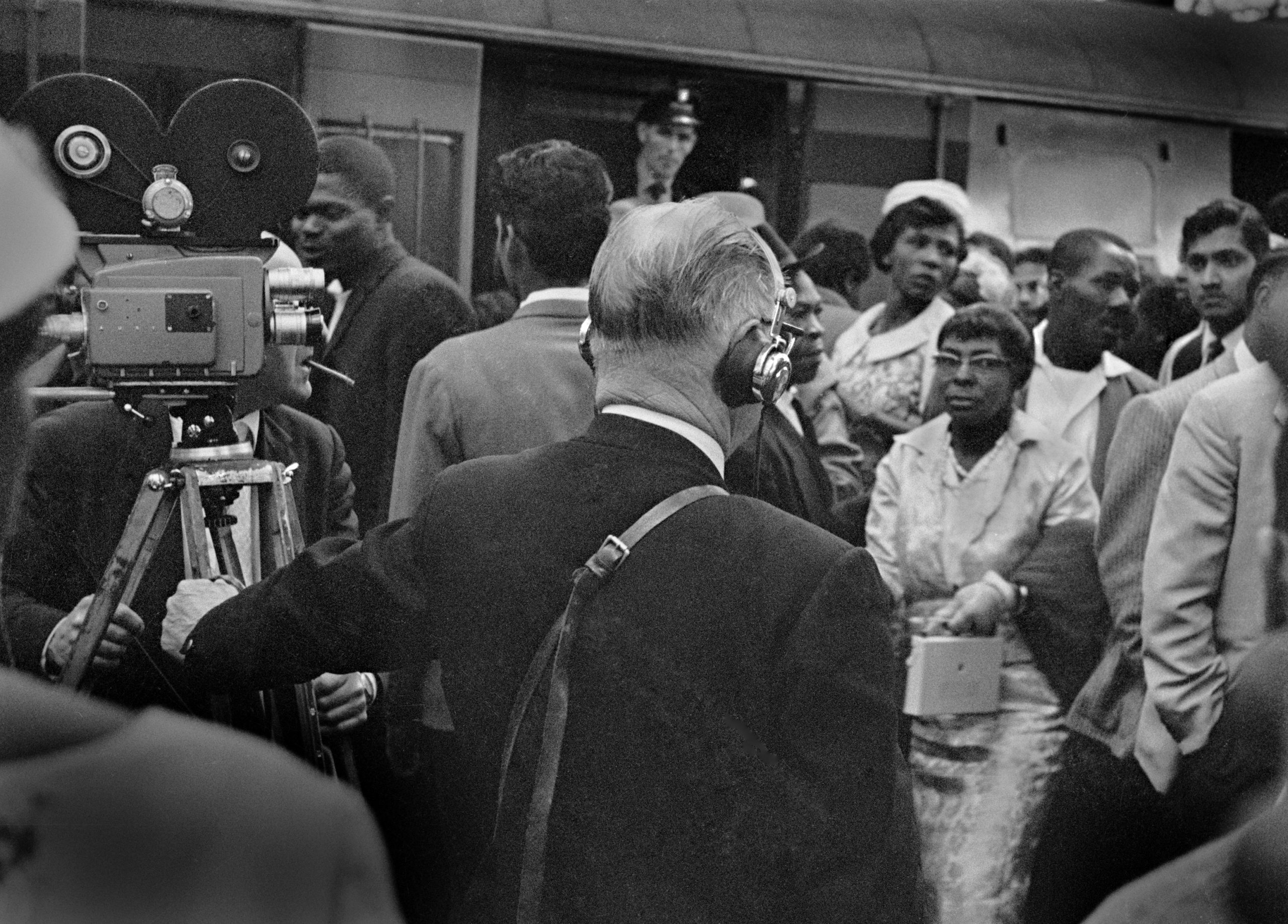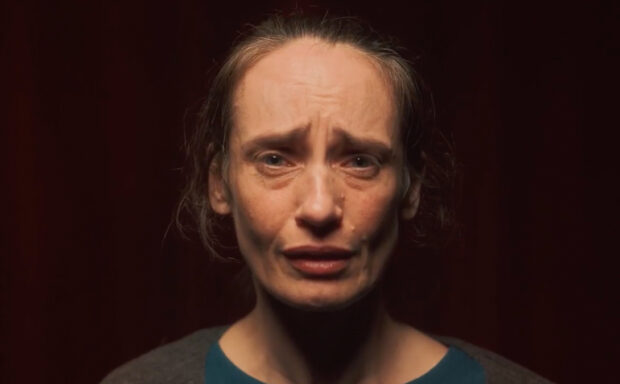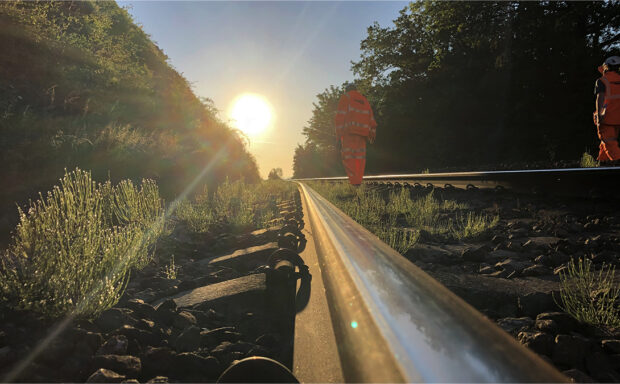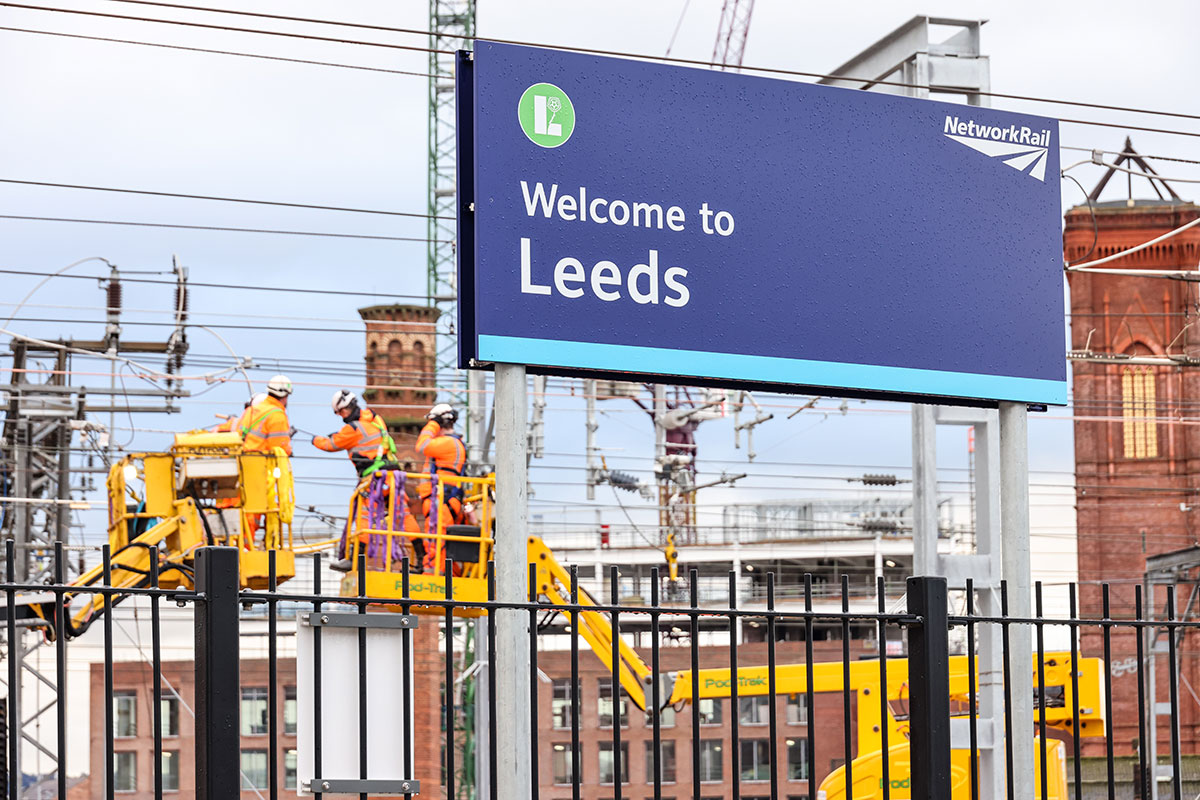This Black History Month, we talk to our archivist about a project to record the stories of communities of railway workers under-represented in our history.
The Network Rail archive, based in York, is working on the Capturing our Histories project to collect a wealth of information held by our employee networks. The networks contribute to a more open, inclusive and diverse organisation. They help us to understand our differences and similarities and improve communication around the business.
Gaps in history
But stories about the people they often represent – including Black, Asian and minority ethnic, and lesbian, gay, bisexual and transgender (LGBT+) employees – barely feature in our historic documentation.
Vicky Stretch, our archivist, is aiming to change that. She wants to ensure future generations have access to the records that explain how the railway is currently working to become more inclusive and diverse.
She said: “That history is not there. We’re trying to make sure that in 50 to 100 years’ time, people can look back and see how we changed our workforce and became more inclusive in society.”
Much of the lack of information is down to a failure of the railway of the past to keep such records. Dominating attitudes of the time also left people feeling unable to speak up and be themselves at work.
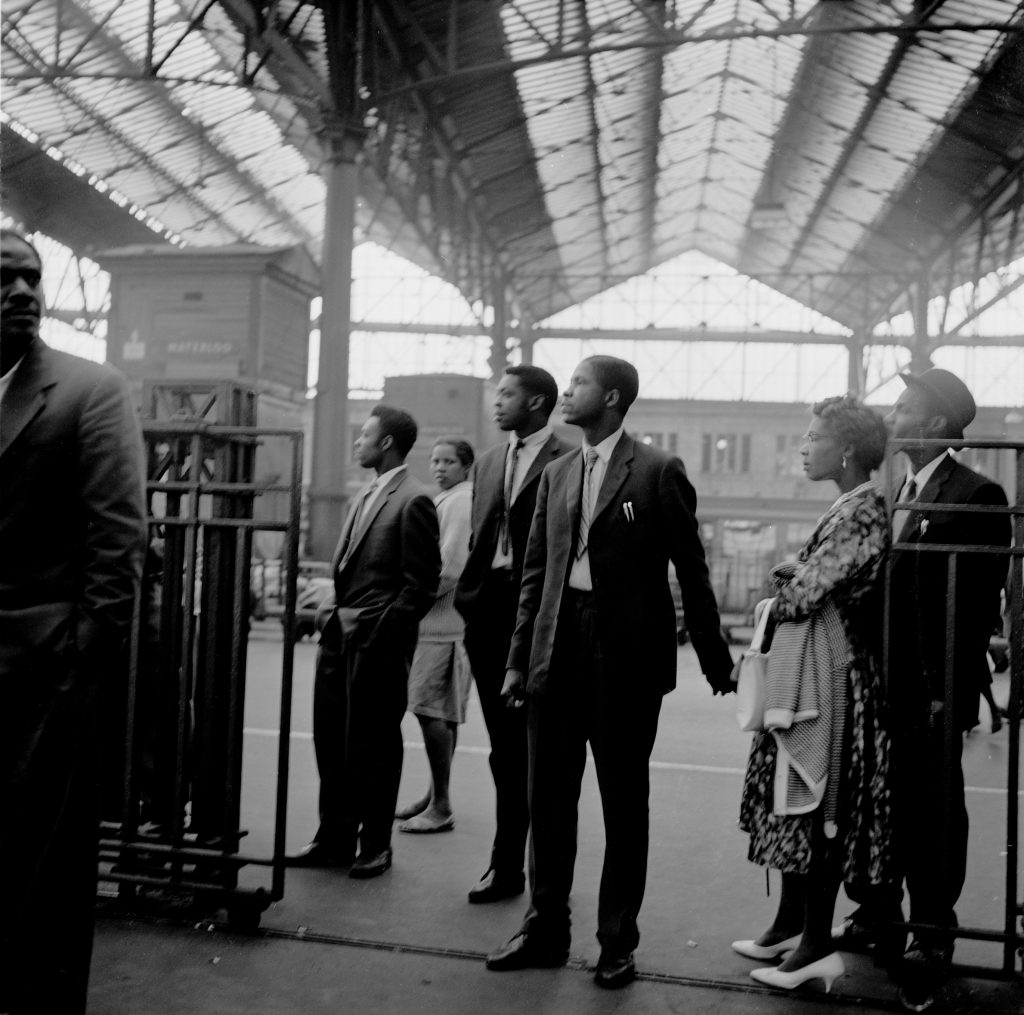
Vicky said: “British Railways in the 60s constantly denied there was a colour bar but the reality was it was well and alive but you won’t find any recorded history of it because BR denied it.
“Every day experiences – that stuff isn’t recorded. How do you demonstrate that if it isn’t recorded?”
She added: “Trade unions are there to further the cause for their members but they were reluctant to take on equal pay, equal rights.”
Incredible Windrush Generation images brought to life
Black History Month – Change the Game
Accidental campaigner
Asquith Xavier ended a colour bar at British Rail in 1966 when he became the first Black train guard at London Euston station. The fight for equality made Asquith, from the West Indies, an ‘accidental campaigner’.
Asquith was already an experienced guard at Marylebone station when he applied for the job at Euston and his case is often seen as a precursor to the Race Relations Act in 1968, which made it illegal to refuse employment to people because of their ethnic background.
A year ago, a plaque in Asquith’s honour was unveiled in Chatham, Kent, where he lived, on 24 September in a “proud moment” for his family. It added to the existing plaque in his honour on the concourse at Euston.
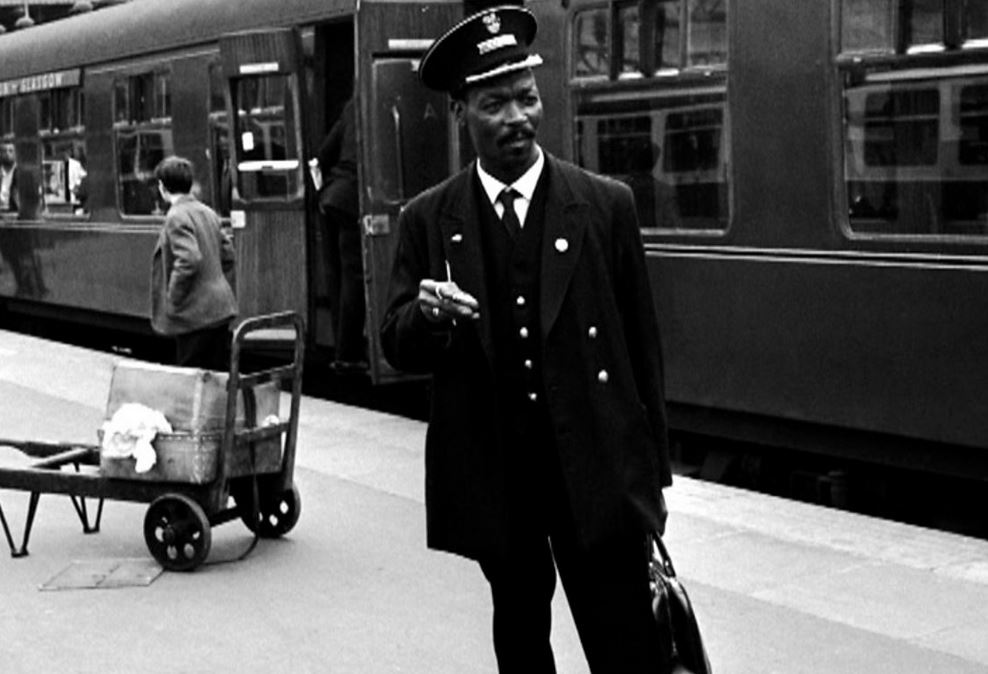
Creating a contemporary archive
Our team at the archive will gather the information from the employee networks in three categories:
- governance – such as their annual reports and meeting minutes
- communications – including films, newsletters to members of the employee networks and presentations
- advocacy – things like training courses, policy, effecting change and updating guidance.
The materials will be stored at the National Records Centre in York, where we keep our archive of documents, title deeds and historic railway plans and drawings.
Diversity and inclusion
Our employee networks play an invaluable role in making the railway a more inclusive sector. For instance, one of objectives of Cultural Fusion, our employee network for Black, Asian and minority ethnic employees, is to improve discussions surrounding promotion, retention and career progression, particularly regarding the representation of Black, Asian and minority ethnic employees.
Cultural Fusion has worked closely with the human resources teams to support improvements to the talent schemes, ensuring they appeal to all young people, regardless of ethnicity, race, or social background.
By actively putting members forward to partake in interview panels and selection centres, the network can demonstrate its commitment to a fair, and unbiased recruitment process.
This month, it’s leading our Black History Month celebrations with a series of special events for colleagues.
LGBT advocacy
Meanwhile, members of Archway, which focusses on our LGBT+ colleagues, appear in our Pride film. Do I Offend You? discusses what Pride means to our employees. It stresses how important it is that they are their whole selves at work as part of the Railway Family.
Everything Archway does is geared towards allowing all our colleagues to bring their whole self to work.
It does this with three core principles: to educate our colleagues on issues facing the LGBT+ community, to empower our colleagues to bring their whole self to work or to show allyship and to connect our colleagues via our socials and events.
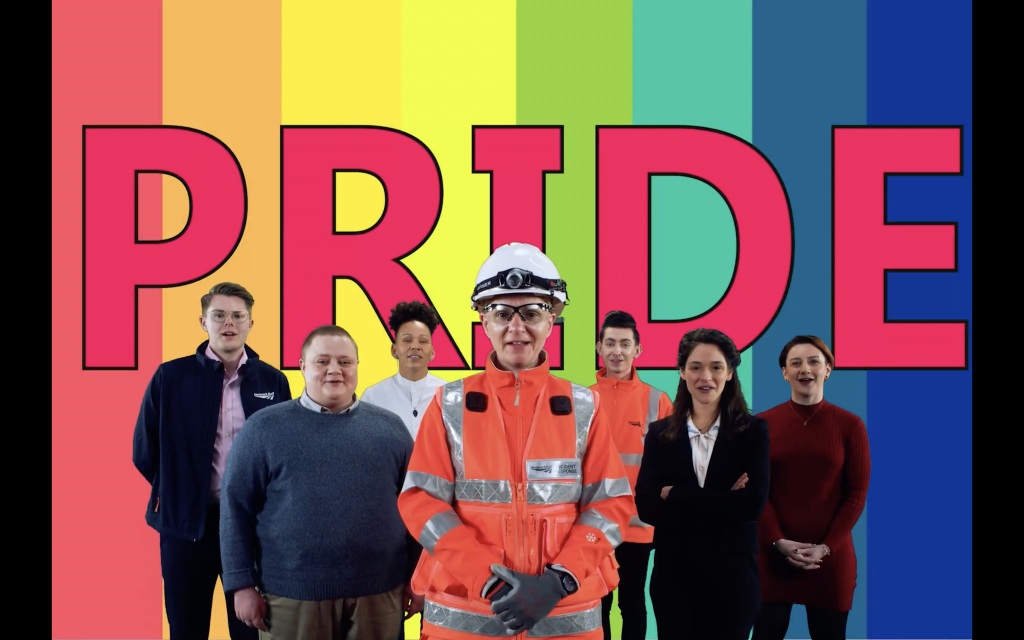
Our employee networks also cover gender equality and staff including carers and disabled people to ensure we’re doing everything we can to enable everyone to bring their whole selves to work.
